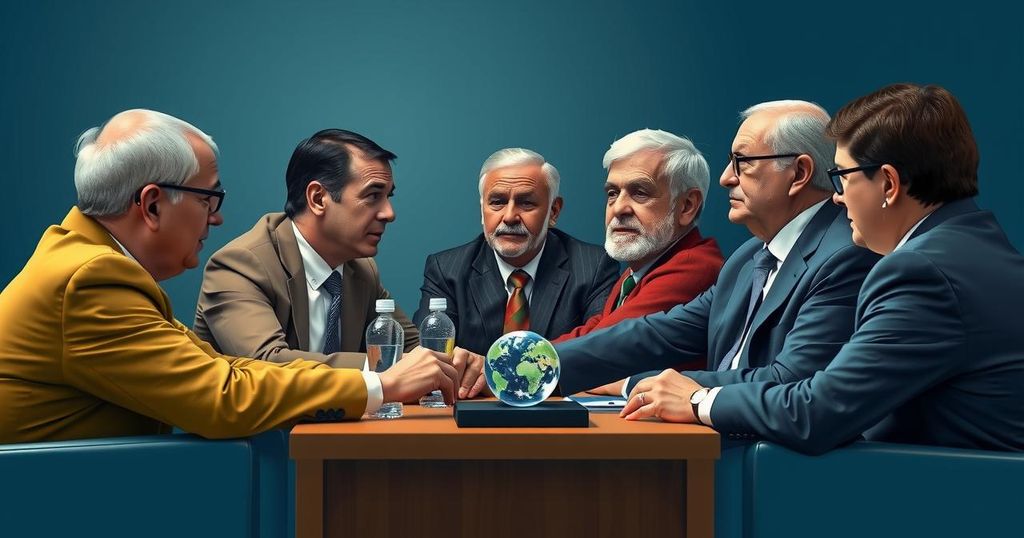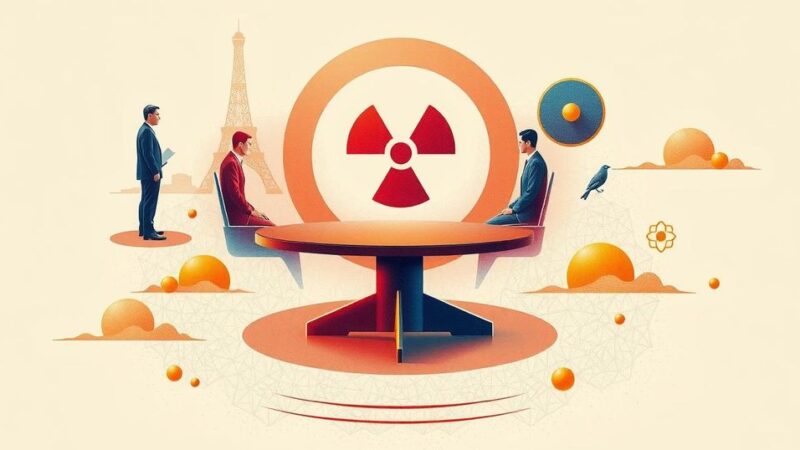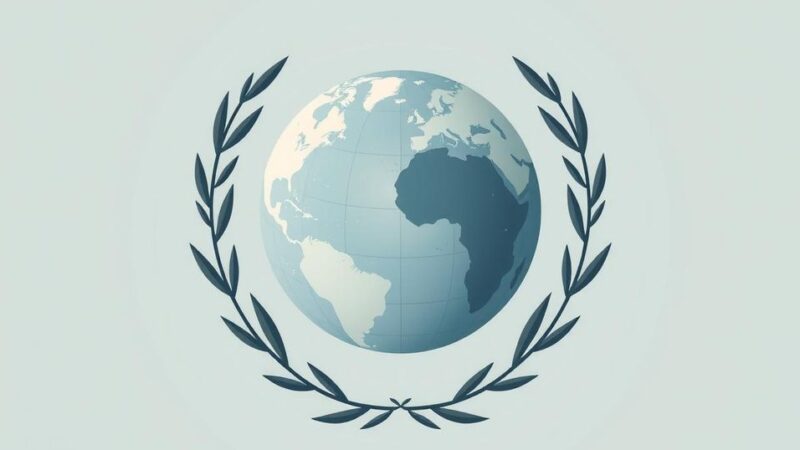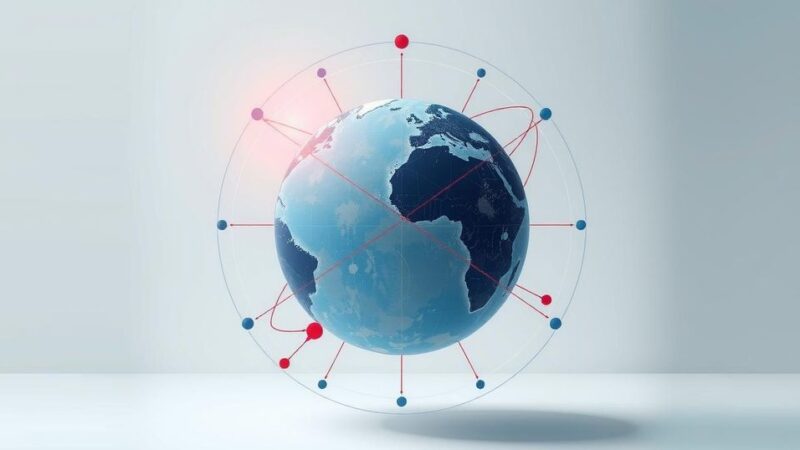At the G20 summit in Brazil, leaders called for urgent action on ongoing wars and climate change while expressing optimism about a potential ‘soft landing’ for the global economy, despite existing uncertainties and risks.
The G20 leaders convened in Brazil, releasing a declaration highlighting critical global challenges while calling for decisive action on conflicts and environmental issues. Notably, the document presented an optimistic outlook for the global economy’s near future despite ongoing uncertainty and numerous risks. “We live in times of major geopolitical, socioeconomic and climate and environmental challenges and crises [that] require urgent action,” the declaration stated, underscoring the necessity of collaboration in addressing these pressing concerns. Amid discussions on the wars in Ukraine and the Middle East, the atmosphere remained charged, yet the declaration emphasized the potential for a beneficial economic trajectory. However, silence on certain geopolitical alliances, particularly regarding North Korea’s support for Russia, indicated China’s influence in these discussions.
The G20, comprising the world’s largest economies, convenes to discuss pressing global issues including wars, climate change, and economic stability. Recent conflicts, particularly in Ukraine and the Middle East, have compelled leaders to confront these crises head-on. The growing influence of geopolitical players, such as China and North Korea, complicates these discussions, showcasing the intricate dynamics at play. This meeting aimed not only to address immediate challenges but also to foster a coordinated response to shared global threats while striving for economic recovery.
The G20 leaders’ declaration emphasizes the urgency for collective action to address wars and climate change while expressing an optimistic outlook for the global economy. Despite challenges, the affirmation of potential resilience indicates a commitment to navigating complexities in the geopolitical landscape. However, the underlying tensions regarding international support dynamics, particularly between North Korea and Russia, remain crucial for future diplomatic engagements.
Original Source: www.scmp.com






